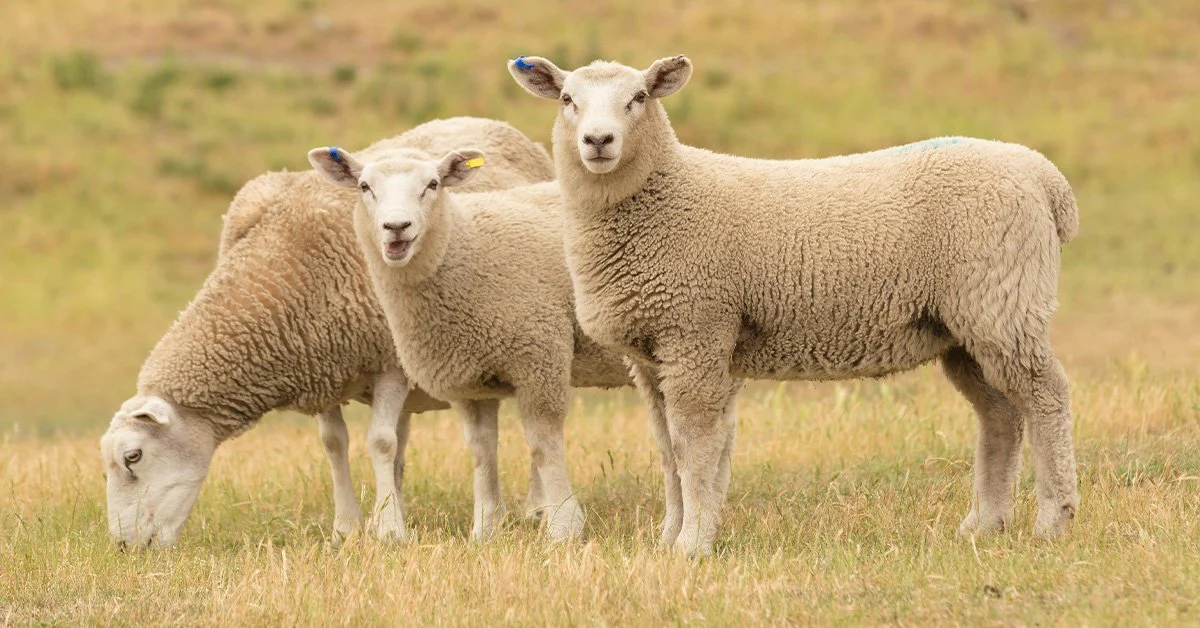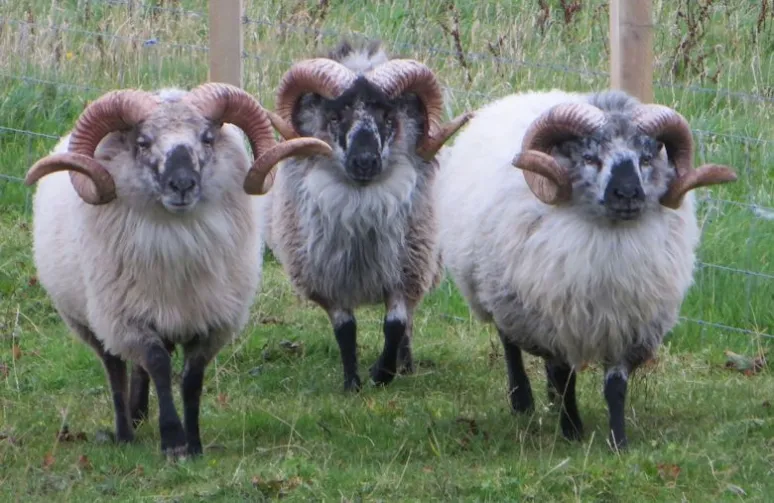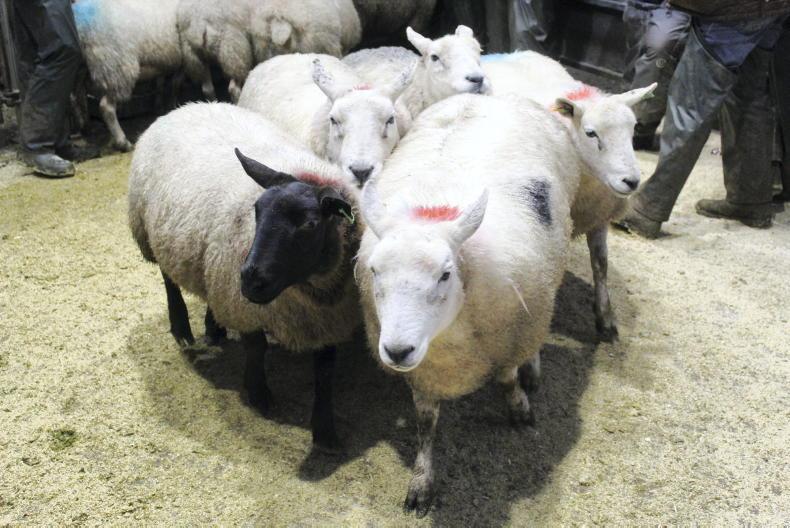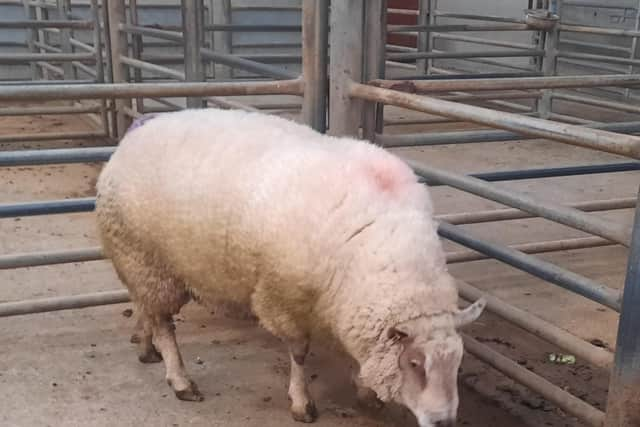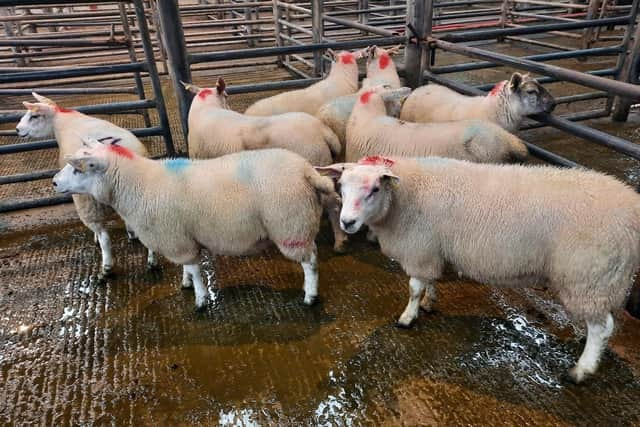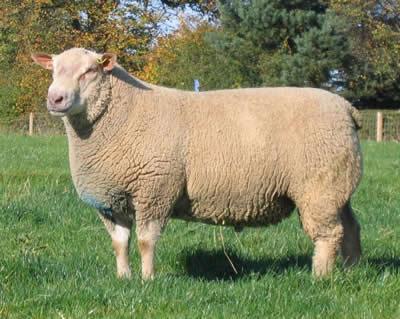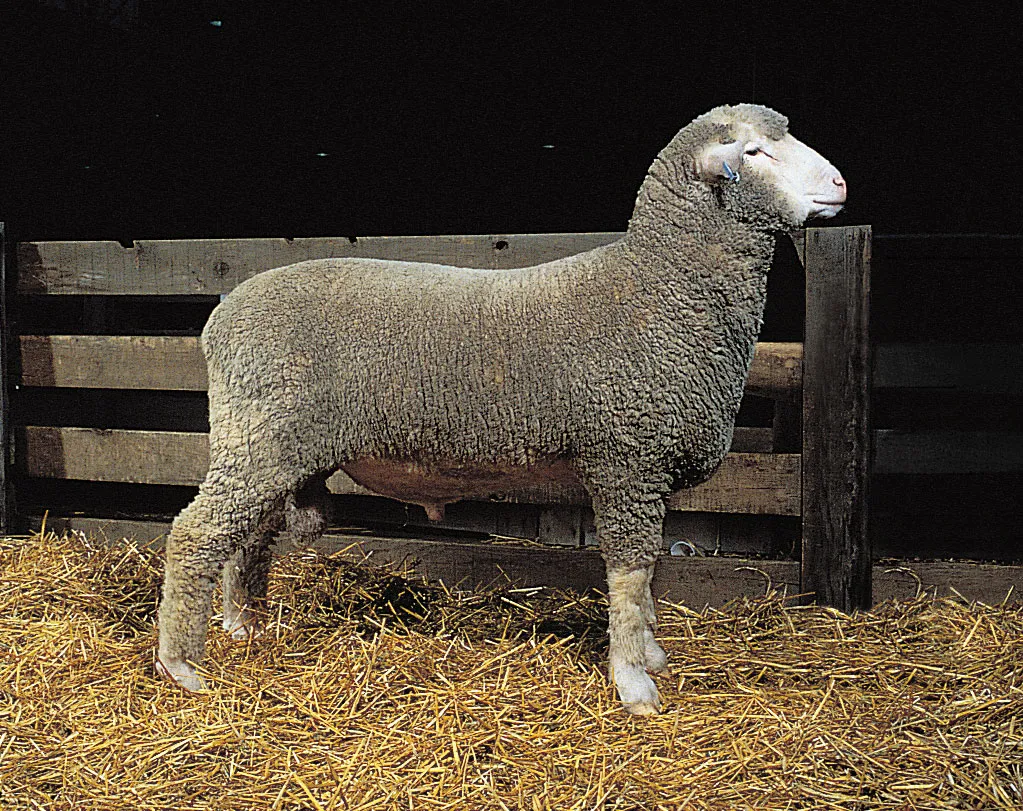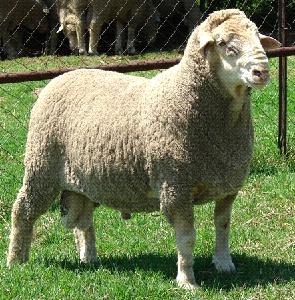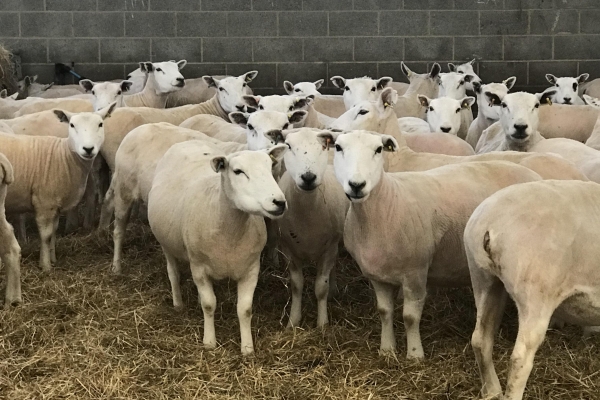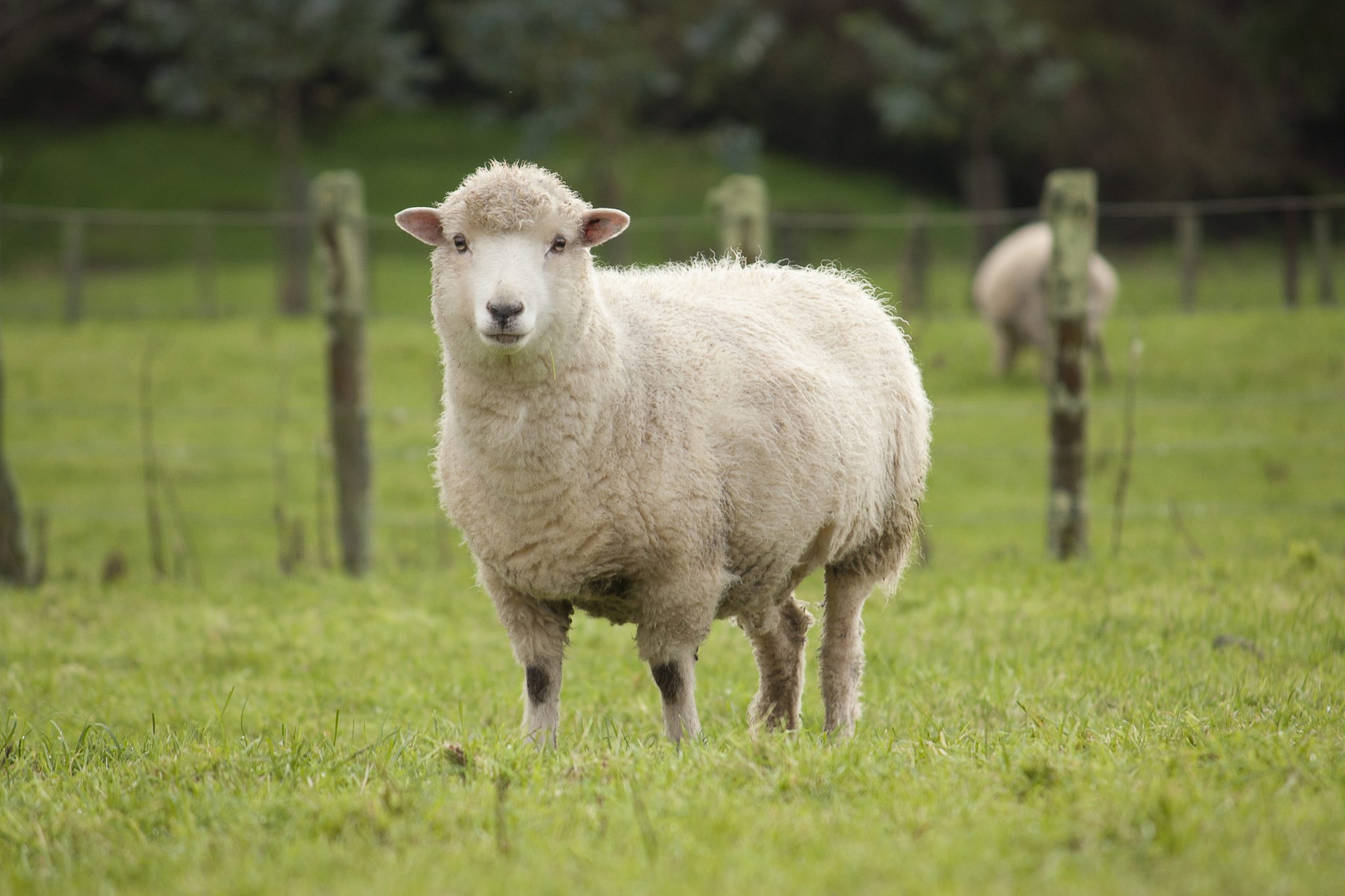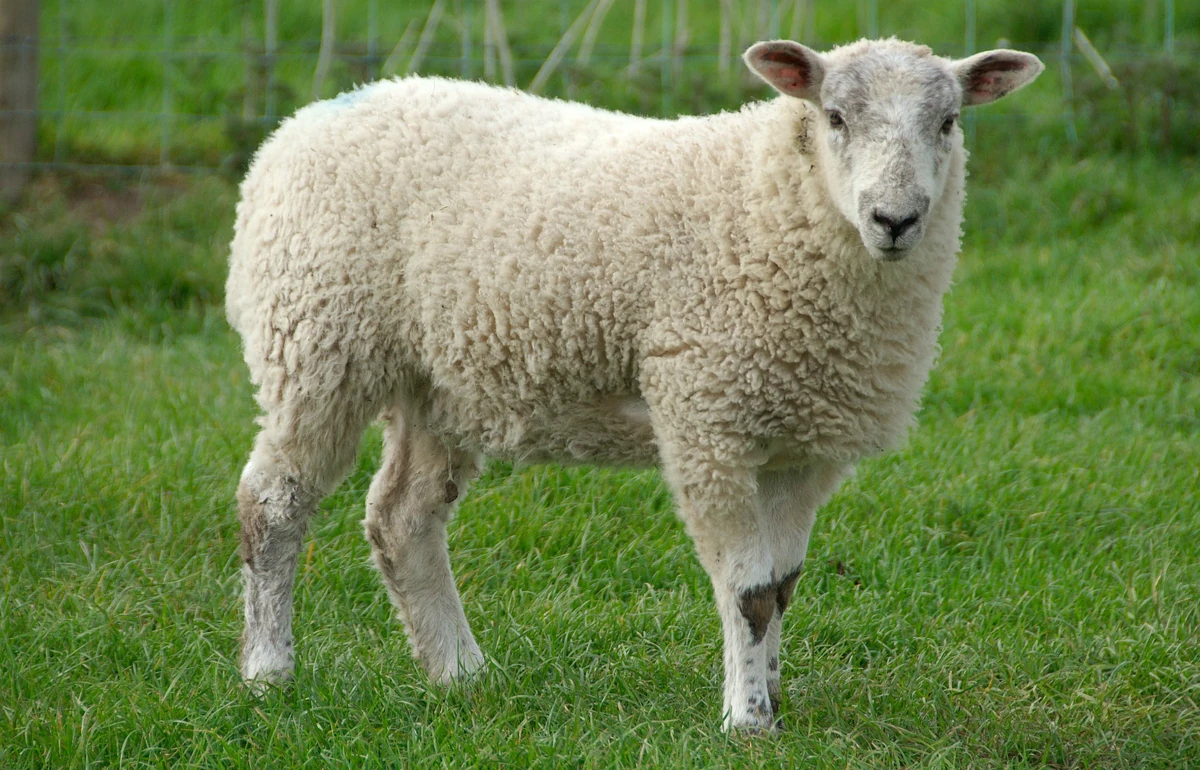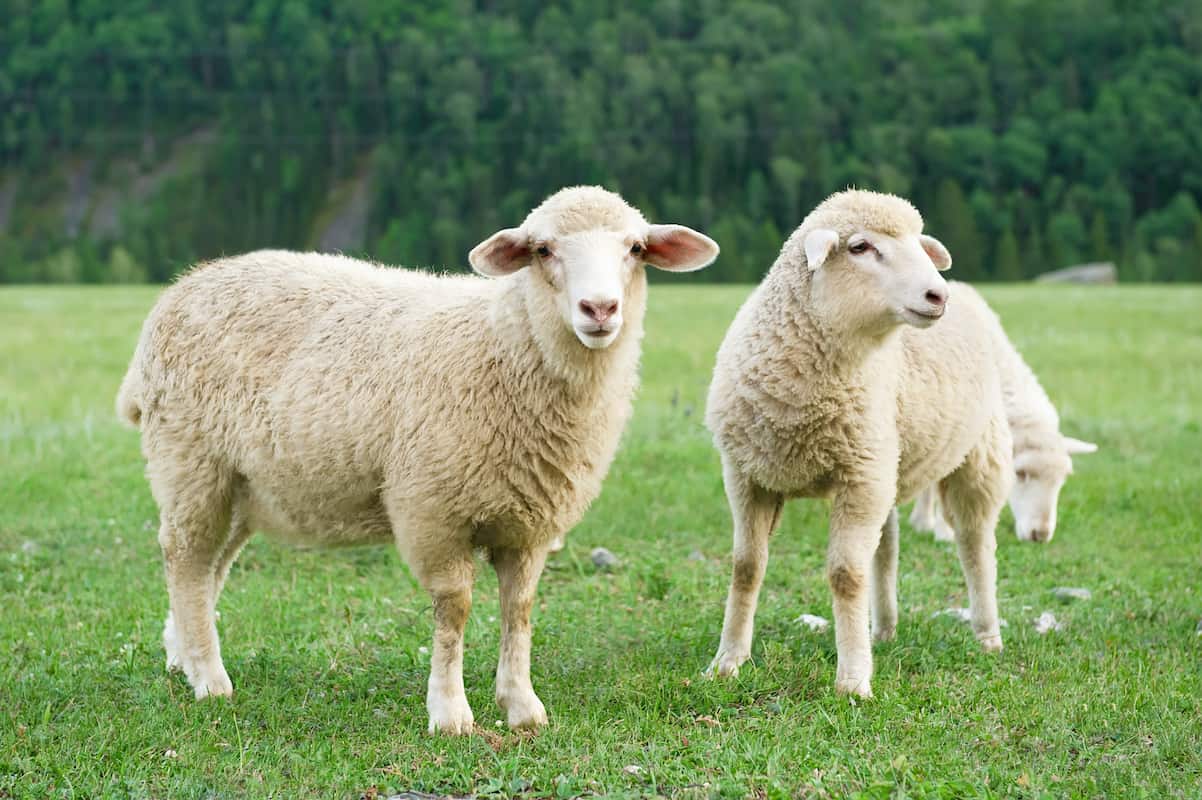Description
Sheep are fascinating domesticated animals that have been integral to human agriculture and culture for thousands of years. As members of the ovine family, they are primarily raised for their wool, meat, and milk. Their wool, known for being soft and warm, has played a significant role in the textile industry, providing people with clothing and materials for various purposes. The different breeds of sheep, such as Merino, Suffolk, and Dorset, exhibit a range of characteristics, including size, color, and wool quality, which have been selectively bred to meet specific agricultural demands.
Social and flock-oriented creatures, sheep exhibit strong herd instincts, which contribute to their survival. They communicate using a variety of vocalizations and body language, emphasizing their reliance on one another for protection against predators. This social behavior also makes them relatively easy to manage in a farming context, as they tend to follow familiar leaders within the group. The grazing habits of sheep play an essential role in maintaining the health of pasturelands, as they help to control plant growth and promote biodiversity in their ecosystems.
In many cultures, sheep hold symbolic significance as well. They appear in art, literature, and religious texts, often symbolizing innocence, purity, or sacrifice. For example, in various ancient traditions, sheep have been used in ceremonial practices, and their imagery frequently appears in folklore. The nutritional benefits of sheep products, including high-quality proteins found in lamb and sheep’s milk, further highlight their importance in human diets across the globe.
As the world continues to evolve, so too do the practices surrounding sheep farming, with many producers focusing on sustainable methods to reduce environmental impact while enhancing animal welfare. The challenges posed by climate change and shifting market demands have prompted innovative approaches to breeding and grazing management. With the right balance of tradition and adaptation, sheep will likely continue to be a valuable asset to agricultural systems and human societies for generations to come.

